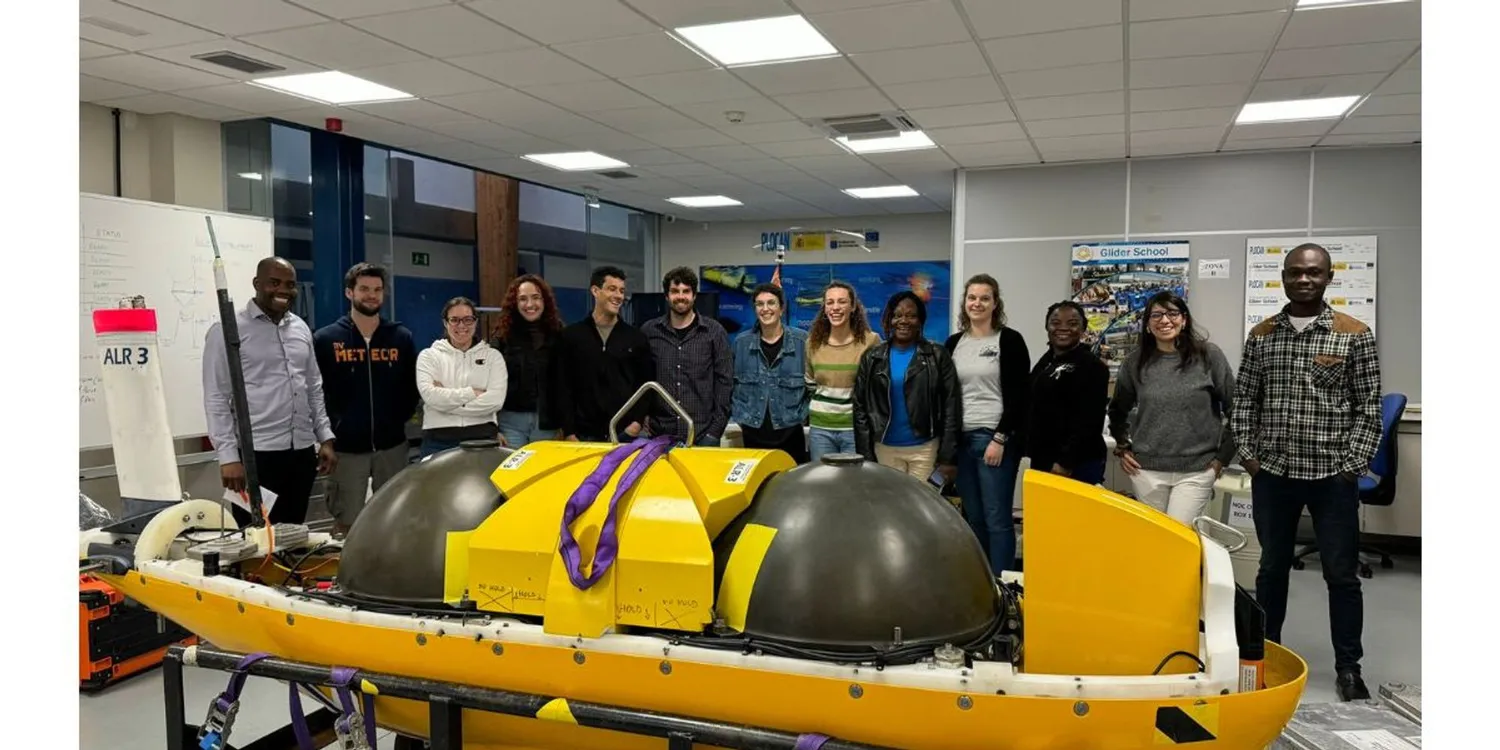01 Apr 2024
From March 18th to 21st, 2024, TechOceanS successfully conducted an intensive multidisciplinary practical training session at PLOCAN facilities in Gran Canaria, Spain. This event provided early-career researchers and students with hands-on experience and in-depth knowledge of the advanced technologies being developed for ocean science, including sensors, samplers, and algorithms.
The four-day training featured a blend of lectures and practical demonstrations, led by experts from the TechOceanS consortium. Participants had the unique opportunity to engage directly with cutting-edge marine technologies and learn from leading professionals in the field.
Day 1: Interoperability and MicroSTAF Technology
The training kicked off with a lecture on interoperability principles and standards, emphasising the importance of the FAIR principles across different observations, parameters, sensors, and platforms. This session was led byCyprus Subsea Consulting & Services.
Later Chelsea Technologies provided a comprehensive overview of MicroSTAF technology, including its working principles and use cases, followed by a practical demonstration.
Day 2: UVP6 Technology and Glider Operations
Participants attended remote lectures on the UVP6 technology, where partners from LOV discussed its working principles and applications. This was followed by a session on the scientific exploitation of UVP6 data.
In the afternoon, Eduardo Caudet from PLOCAN introduced participants to glider technology, offering hands-on experience in the lab and a live demonstration of glider piloting.
Day 3: RoCSI Technology
Julie Robidart from NOC led two sessions on RoCSI technology, covering its working principles, use cases, and practical applications. Participants gained valuable insights into this cutting-edge marine technology and its real-world uses.
Day 4: Specialised Sessions and Facility Tour
The final day featured a series of focused lectures and lab work on various technologies, including cytometer technology, dual Lab-On-Chip (LOC) sensors, and oxygen measurement in the ocean. Experts from NOC and UoSguided participants through these advanced topics.
The day concluded with a TechOceanS poster session and a guided tour of the PLOCAN facilities, offering a comprehensive view of the research and technology developments within the project.
A Successful and Impactful Event
The multi-disciplinary training at PLOCAN provided early-career researchers with both theoretical knowledge and practical skills that will enhance their future contributions to ocean science. Travel and subsistence expenses for select participants were covered by the project, making the training accessible to a diverse group of emerging scientists.
The event concluded with a wrap-up session, summarizing key insights and preparing attendees for the continued development and application of the technologies within the TechOceanS project. It is hope that the impact of the training will be noted as participants apply their newfound expertise in their ongoing and future work.
